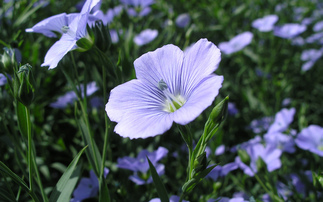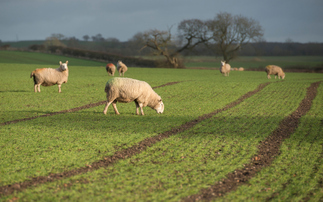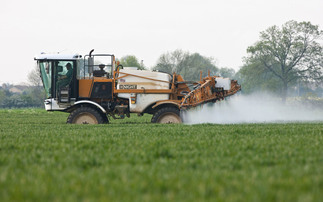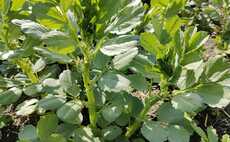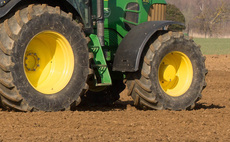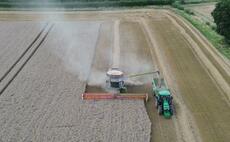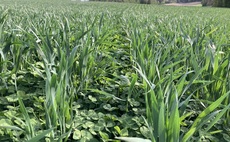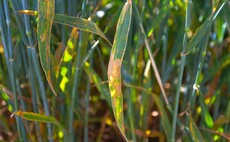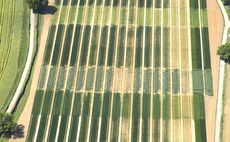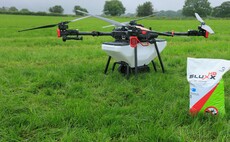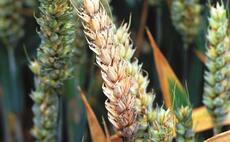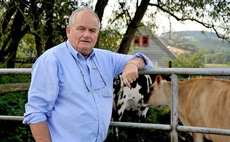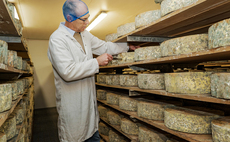The use of silicon make crops more resilient to slugs and pests
Applying a silicon biostimulant boosts the natural level of silicon in wheat seed and strengthens the plant, a new study has shown.
Planting this silicon enhanced farm saved seed has also shown that the following seedlings are stronger and more resilient to attack, it is claimed.
A recent study by research organisation i2L shows that applying the silicon biostimulant Sirius can improve plant health and quality, says supplier Orion FT.
"Silicon is a natural element which plants actively take up to help improve cell strength, cell adhesion, and increase cuticle thickness, all of which improve plant health, making crops more resilient to pests such as slugs," says managing director James Kennedy.
See also: Increased risk of BYDV leads to control method trials
In the trial, seedlings grown from wheat treated with Sirius that had higher levels of silicon, were compared to an untreated sample. Slug feeding reduced from 65 per cent to 45 per cent, says Mr Kennedy.
"We also looked at the effect of spraying the emerging crop with silicon to create a physical barrier. This reduced feeding on the untreated seed sample to 32 per cent, but the seed taken from the previous crop with higher silicon levels reduced slug feeding to just 23 percent, almost a third of the damage seen in the untreated crop," he says.
Drilling seed from a crop treated with the biostimulant, and subsequently spraying it post-emergence with silicon at an approximate cost of £20/ha per application, showed the greatest benefit to early season crop management when slugs were a threat, adds Mr Kennedy.





